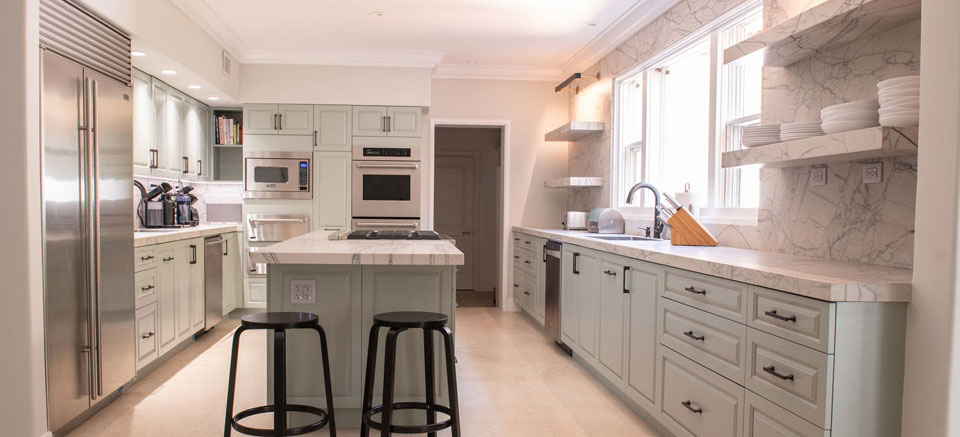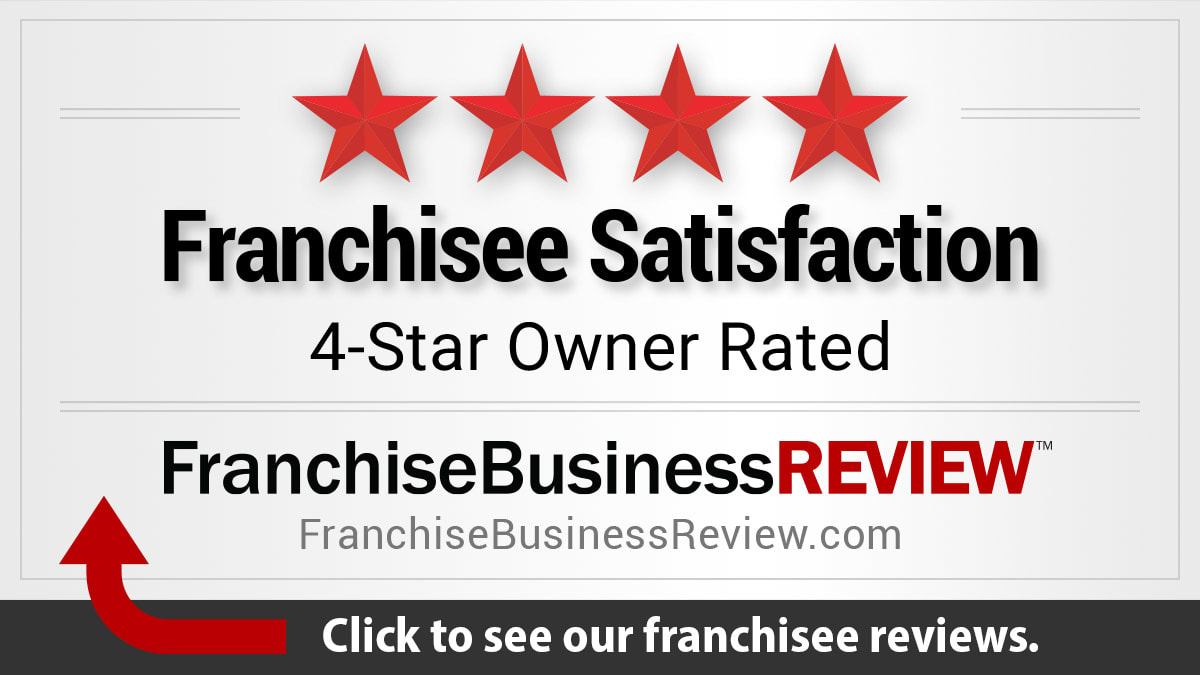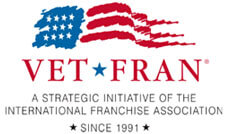Starting a Home Improvement Business in 2017
Today’s post talks about the profitability of home improvement businesses in 2017, then describes the advantages of franchising over traditional self-starting.
Right Place, Right Time for the Resilient Home Improvement Business Model
To the uninitiated, starting a home improvement business in 2017 might not seem like the brightest idea. After all, it was only a few years ago that our economy was wracked by a housing crash and recession that put more than 30% of the nation’s contractors out of business.
In reality, none of that really affected the Kitchen Solver’s family. In fact, the unpredictability of the housing market has actually been a boon for business; rather than braving the stormy waters of the realty world, homeowners are spending money giving their tired old living spaces a facelift.
In addition to the inherent resilience of the home improvement business model, traditional housing industry analysts are making optimistic projections for the future. The U.S. Small Business Administration has declared 2017 a great year to start a small construction or general contracting business, pointing to significant industry growth, rising demand for housing, and an uptick in lending activity. Moreover, a 2015 report by the Joint Center for Housing Studies of Harvard University noted that this sector is due for a steady 3.5% annual growth.
In short, if you’ve ever thought about starting a home improvement business, now’s the time!
How to Start a Home Improvement Business
When you’re ready to pull the trigger and get your home improvement business off the ground, you have two basic options: start your company from scratch, or join an established home improvement franchise.
Each of these approaches has different pros and cons.
What’s involved in starting a home improvement business from scratch?
Starting a home improvement business from scratch is a lot of work, though it does have potential for a lot of reward. To get yours off the ground, you’d need to:
- Conduct market research to assess the profitability of your business
- Write a business plan detailing the model’s framework, goals, services, perceived competition, differentiation strategies, costs, funding, and expected earnings
- Identify a profitable and affordable location, or acquire special licensing if you intend to run your business from home
- Secure funding
- Acquire all necessary licenses, registration papers, surety bonds and tax/insurance documents
- Locate and adhere to all industry regulations
- Buy equipment
- Hire employees
- Develop and codify a training system that covers all pertinent services
- Network with suppliers, contractors, and other key industry players
- Research and implement a marketing campaign
- Develop a website
- Develop contracts, invoices, and other relevant paperwork templates
- Manage all backend tasks and bookkeeping
As you work your way through this list, you’ll quickly begin to realize why starting a home improvement business can be so intimidating for beginners. To work through this cursory task list (which really isn’t scratching the surface!), you’d need training and experience in marketing, business administration, management, law, web development, economic research, and more. At the very least, you’d need to seek out experts in each area.
To make matters worse, you’d have to tackle this task list after you’ve spent your savings to get started, and long before your business makes a single penny back. Even once you’re up and running, it takes time to build a reputation that attracts business. It’s no wonder 30% of contractors went out of business between 2007-2009!
But there’s a better option.
How can franchising help me start a home improvement business?
Franchising with Kitchen Solver’s is one of the best ways to realize your dream of owning a home improvement business. We pack all the knowledge, training, contacts, and resources you need under a single roof, and support your business with a powerful brand reputation. That means faster startup and a better return on your investment.
Want to learn more? Get a complete breakdown of what’s involved in franchising with Kitchen Solver’s at https://www.kitchensolversfranchise.com.
Back




